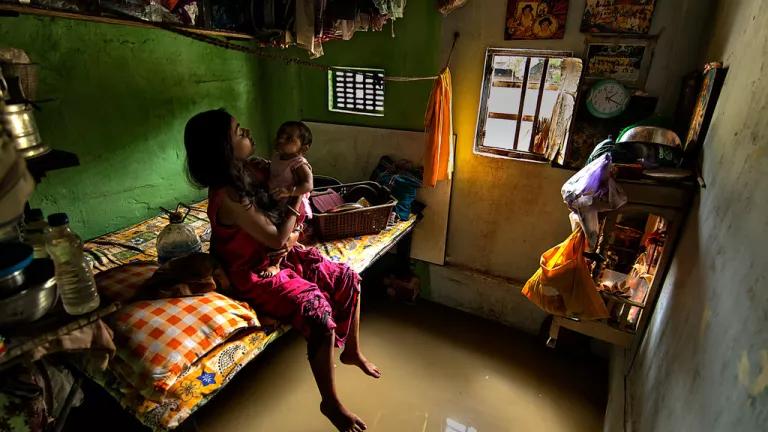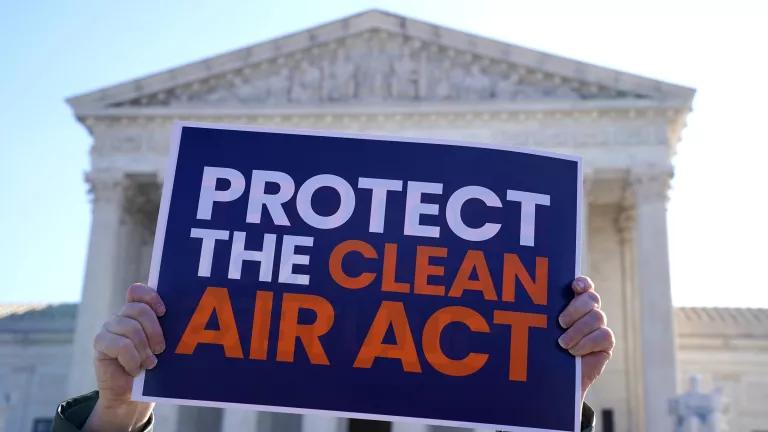The Deadly Consequences of Climate Denial Are Here and Now

President Trump’s rejection of the reality of climate change would be boring if it weren’t so consequential. In just the last two months, major scientific assessments from the Intergovernmental Panel on Climate Change and the U.S. Global Change Research Program affirmed that climate change is hurting real people now and will hurt many more people in the future.
“Not based on facts,” scoffed the administration.
Tonight, we’re seeing the release of a third such assessment. The 2018 Lancet Countdown on Health and Climate Change is the second in a series of annual global snapshots of how climate change is already affecting human health—and how the world is responding. The accompanying Lancet Countdown Brief for the United States presents U.S.-specific data for 10 of the 41 indicators in the global report, adding richer detail to the health story in last week’s National Climate Assessment.
One of the most alarming findings in the U.S. Brief is the staggering toll of extreme heat on American workers (and, consequently, our economy). As our summers get hotter and heat waves last longer, millions more Americans are exposed to dangerous heat each year. Heat extremes meant U.S. industrial and agricultural workers, in particular, lost 1.1 billion hours of work time between 2000 and 2017. According to one projection in the National Climate Assessment, lost labor due to extreme heat could cost the United States $155 billion per year in 2090 without dramatic cuts in climate-changing pollution. In the absence of an enforceable heat safety standard, employers worried about their bottom line might cut corners on heat protective behaviors like rest and water breaks.
Doctors, nurses, hospital administrators, and public health officials recognize the health harms of climate change and increasingly are working to address them. For example, American healthcare organizations like the Chicago Medical Society and Gundersen Health Systems are joining their international peers in ditching their investments in fossil fuels—to the global tune of $3.28 billion in 2017. Public health departments in the United States are also developing plans to cope with the present-day effects of climate change and prepare for future effects.
According to the U.S. Brief, however, the United States spent a mere $12.9 billion in the 2016-2017 financial year on health and health-related adaptation. That may sound like a lot, and in fact represents a small increase from 2015-2016. But it’s a drop in the bucket compared to the need. For context, just six climate change-related events in the United States between 2000 and 2009 resulted in more than $14 billion in health care costs and lost lives. And based on how much people are willing to pay for reductions in their risk of mortality, deaths due to extreme heat alone could cost the United States an estimated $141 billion per year in 2090.
The Lancet Countdown’s U.S. Brief ends with several calls to healthcare organizations and professionals, health educators, and state, local, and federal policymakers.
To summarize, the United States needs to:
- Rapidly drive down the pollution that’s causing climate change;
- Invest more funding and effort in climate and health research, preparation, and interventions to protect people; and
- Train the next generation of health professionals to deal with climate change.
As the Brief authors say:
“This is an opportunity to create a safer and healthier America and a more promising future for today’s children.”
In other words, we’ll have to work to get the future we want—not just ignore the mountain of evidence in front of us and hope for the best.




